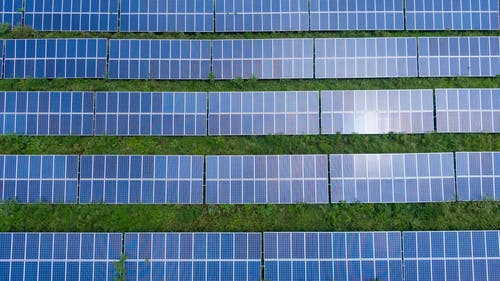Evergy to Refund Demand Charges Collected From Kansas Solar Customers

The Kansas Corporation Commission on April 8 directed Evergy to refund residential distributed generation customers for charges collected under the company’s three-part rate rejected by the Kansas Supreme Court. In February, the commission eliminated the controversial demand charge and ordered the company to restore the two-part standard rate design for these customers.
The decision is in response to petitions from Vote Solar, Climate & Energy Project, and the Sierra Club, requesting reconsideration of the February order, which rejected Evergy’s proposed rate changes for solar customers but denied their request for a refund of demand charges collected under the previous rate. Solar advocates also sought reconsideration of the decision to maintain the separate class for residential distributed generation, saying that it would prevent solar customers from participating in alternative rate offerings. In response, Evergy pledged to make optional rates, other than the time-of-use pilot, available to solar customers. The commission found Evergy’s offer to be acceptable.
In April 2020, the Kansas Supreme Court reversed the commission’s 2018 approval of a mandatory demand charge for Evergy’s residential solar customers. The decision was premised on state law that prohibits utilities from price discrimination against distributed generation customers. In September 2018, the commission approved a three-part rate design for customers who installed distribution generation after Oct. 28, 2015 finding that these customers are not paying their share of fixed costs, which are unduly borne by other customers under the current two-part rate. That decision added a demand charge of $3 in the winter and $9 in the summer for residential distributed generation customers of Westar Energy, now Evergy, and Kansas Gas and Electric. The court suggested proposing other alternative rate designs.
Electric companies sought reconsideration to clarify whether they could propose rates to cover the costs of different or additional services provided to residential solar customers. The commission clarified that a utility is allowed to identify distinct services that may justify an added charge to offset any subsidy received by solar customers in a non-discriminatory manner.
EnerKnol Pulses like this one are powered by the EnerKnol Platform—the first comprehensive database for real-time energy policy tracking. Sign up for a free trial below for access to key regulatory data and deep industry insights across the energy spectrum.
ACCESS FREE TRIAL